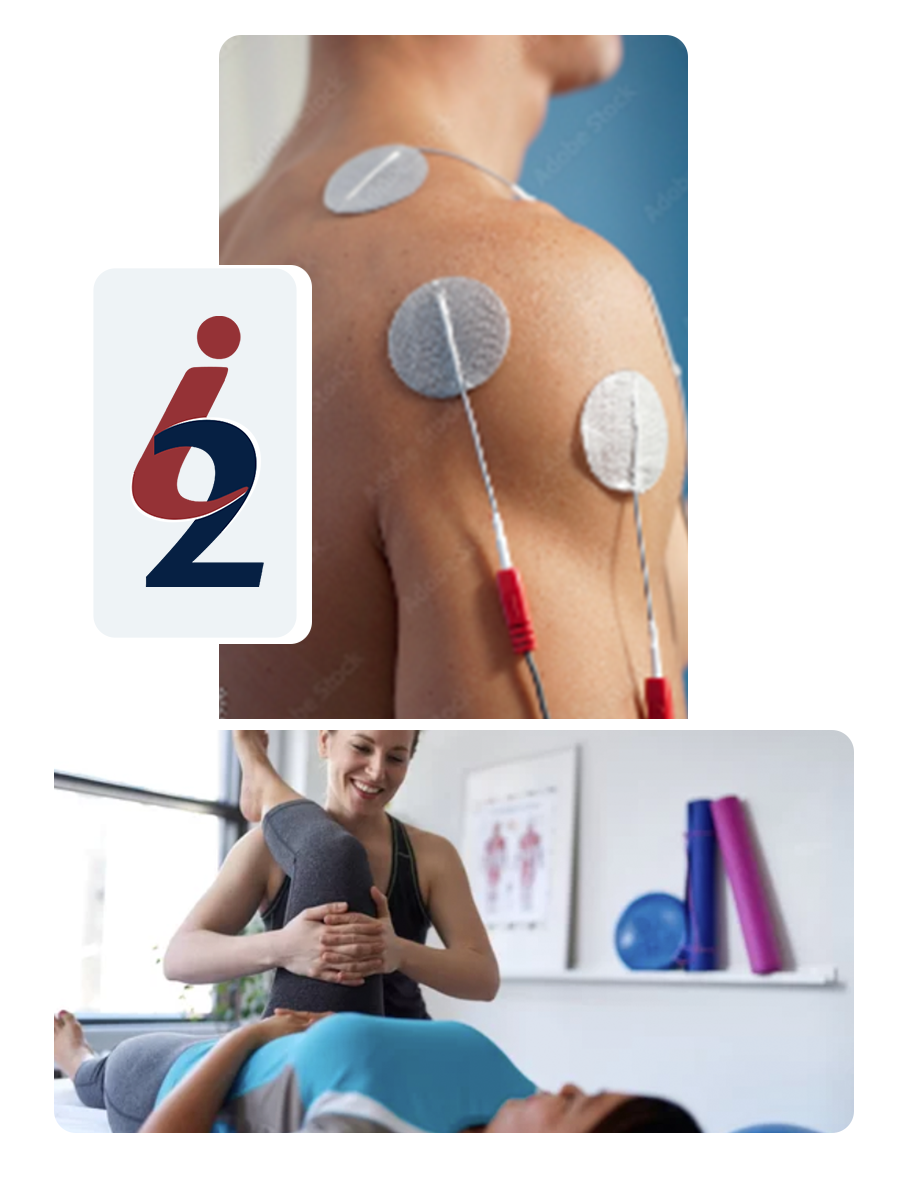Work Related Injury and Prevention
Physical Therapy for Work Related Injuries in Dallas GA
Experiencing a Work-Related Injury? Speed Up Your Recovery with Physical Therapy
If you've recently experienced a work-related injury, Integrate2 Physical Therapy is here to help you recover and get back to work quickly. Workplace accidents can lead to physical, emotional, and financial challenges, and the uncertainty of how long you'll be sidelined can be particularly concerning.
Role of Physical Therapy in Work-Related Injuries Prevention
Physical therapy is essential for preventing work-related injuries as it helps identify and manage risk factors.
We provide:
- Exercise prescription and monitoring
- Education and training: Educate workers on proper lifting techniques and posture, which helps in reducing the likelihood of strain and injury.
- Ergonomics training
- Manual interventions
- Onsite injury prevention


Contact us today and let us help you improve your safety and well-being on the job.
Work-Related Injuries that Physical Therapy Can Treat Effectively:
Repetitive Strain Injuries (RSI)
Repetitive strain injury (RSI) refers to pain resulting from repeated movements of a body part. While it often improves on its own, there are steps you can take to speed up your recovery.
How does physical therapy treat repetitive strain injuries?
Physical therapy offers many benefits for those dealing with repetitive strain injuries. Here are some of the treatment methods your physical therapist might use to address your injury:
- Manual therapy
- Therapeutic exercises
- Movement coaching
- Cold therapy
- Joint mobilization
Lower Back Injuries
Lower back pain, commonly resulting from prolonged sitting or heavy lifting, is very common among workers. Key strategies, including spinal mobilization, stretching, and targeted strengthening exercises, are essential for managing and alleviating this pain.
Rotator Cuff Injuries
Although physical therapy alone cannot heal a torn rotator cuff tendon, it helps by strengthening the shoulder muscles and improving shoulder mechanics. The goal of physical therapy is to improve the function of the muscles surrounding the shoulder. While most people, including athletes and weightlifters, tend to focus on strengthening the larger shoulder muscles, physical therapy emphasizes the smaller, often neglected muscles. By targeting these key muscles, therapy helps compensate for damaged tendons and enhances the shoulder joint's mechanics.
Knee Injuries
Physical therapy can help maintain knee health and strength, as well as help in the rehabilitation of knee injuries. Knee injuries are quite common, with some often linked to sedentary lifestyle habits, while others may be associated with poor hip mobility and strength.
What Types of Injuries Can Affect the Knee?- Meniscal Tear
- ACL Tear
- Bursitis
- Patellar Tendinitis

Neck Injuries
Physical therapy is a common approach for managing chronic neck pain. The techniques and exercises used in physical therapy, as well as the length of the treatment plan, can vary depending on the individual's needs.
